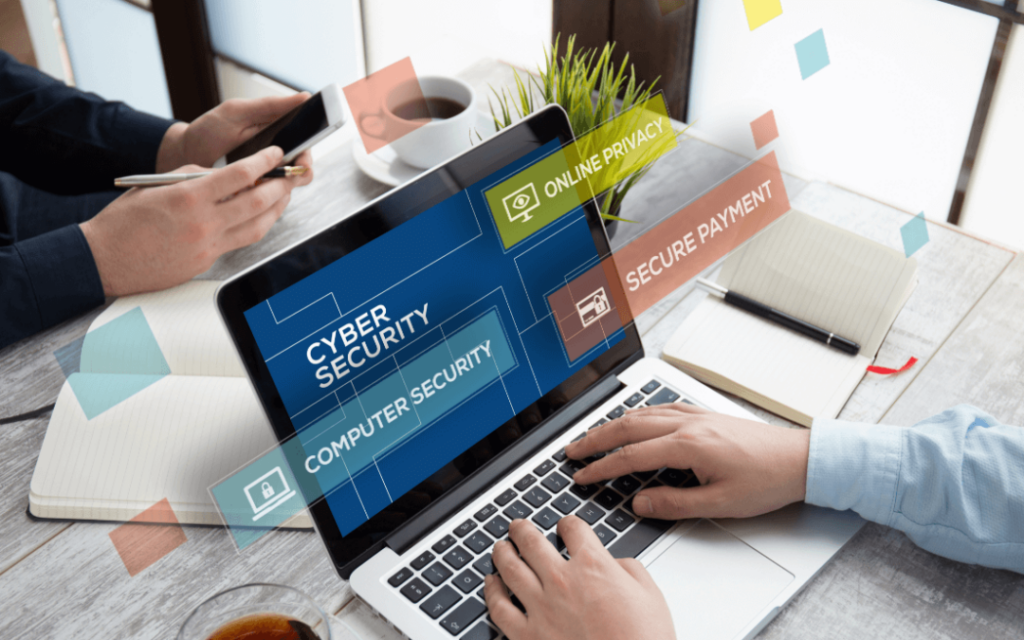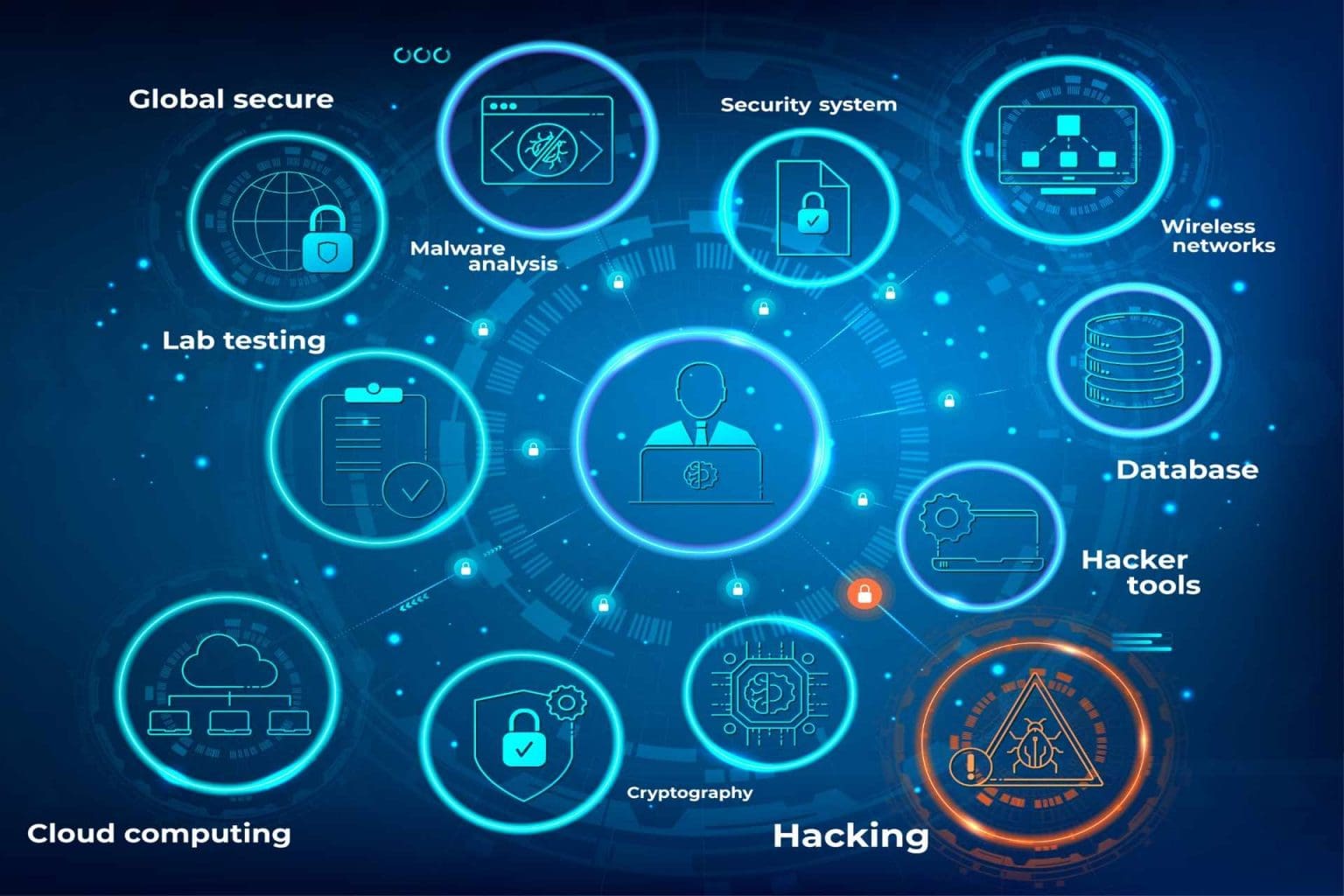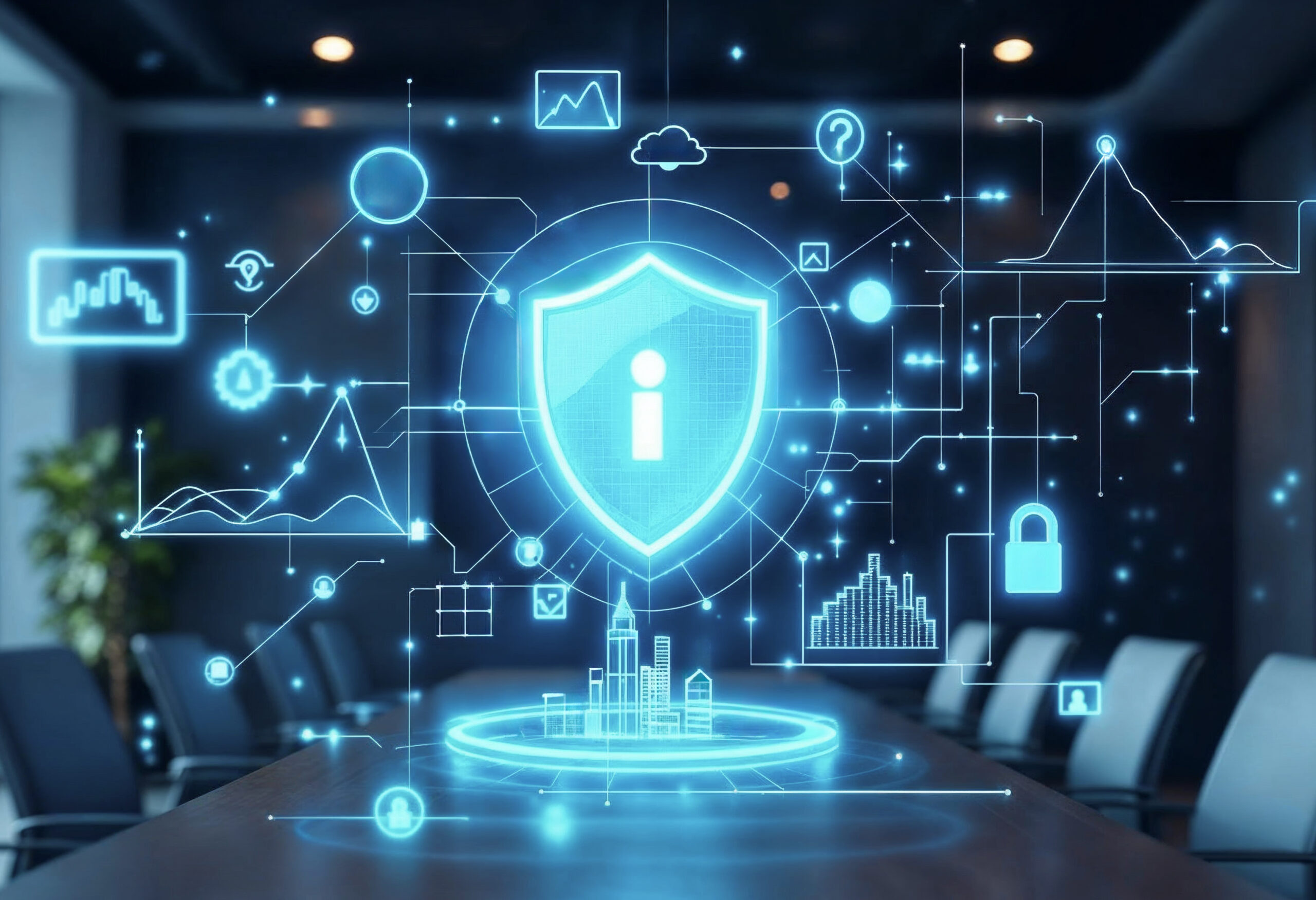Data privacy is an important right, especially in the digital age, where personal information is continuously at risk. For students studying cybersecurity courses in Malappuram, understanding the need for data protection is critical. Data privacy is consistent with our basic human urge for control over our lives, especially when it comes to personal data. By providing defensive knowledge, we enable college students to explore, discover, and grow without fear of vulnerability or abuse. Prioritizing information privacy in an educational context enables the construction of secure and trusting environments, which are essential for effective learning. Institutions that prioritize data privacy not only protect their students but also improve their overall educational environment.
For students participating in an ethical hacking internship in Malappuram, this knowledge becomes even more valuable. These students are typically at the top of learning how to secure sensitive information and manage statistics protection. Ensuring that their records are reliable allows them to focus more on their studies and gain confidence in their future employment in cybersecurity.
Understanding the Importance of Data Privacy
Data privacy is more than just following legal standards or rules. It is willing to respect and preserve people’s rights. This principle is particularly important in classrooms. A secure and trusting environment is essential for college students to feel comfortable and confident. When college students learn that their records are included, they may be more likely to seek out extra resources. They actively participate in classroom discussions and explore online learning of equipment without fear of popularity or exploitation of their personal information.
Students pursuing a cybersecurity or ethical hacking course in Malappuram must prioritize information privacy. These students are consistently at the top of learning how to protect sensitive statistics. By keeping their records secure, they may focus more on their education and future employment in cybersecurity.
For example, students may require additional learning assistance or sources, such as online writing resources, to aid them with their assignments. Knowing that their privacy is protected allows individuals to use these services without anxiety. Students are more inclined to participate in activities that improve their educational experience in a safe setting, which contributes to their growth and study.
Why Students Deserve More Online Privacy
Yes, college students deserve more privacy online. As previously noted, enhanced privacy allows students to explore and investigate freely. They no longer have to be concerned about being watched, judged, or having their movements recorded indefinitely. Unfortunately, this anxiety frequently inhibits college students from delving deeper into their self-growth and educational pursuits. When students believe that their online actions are personal, they are far more likely to engage fully with educational structures. They ask questions that they might not have asked otherwise and thoroughly immerse themselves in their mastering process.
This is especially important for college students considering a cybersecurity or ethical hacking internship in Malappuram. These internships frequently require college students to work with private data or investigate structural vulnerabilities. When college students know their records are safe, they can approach these responsibilities with more confidence. They feel more secure knowing their privacy is not put at risk.
Removing the stress associated with ability fact breaches encourages students to take greater risks during their learning journey. This openness to investigate without fear results in a richer and more impactful academic experience.
Strategies to Protect Student Data Privacy
Ensuring statistical privacy in an academic setting necessitates a thorough, multilayered approach. Here are some helpful ways that establishments might use:
Implement robust data encryption
Encryption is a fundamental tool for maintaining secure student records. All student records, whether in transit or during relaxation, must be encrypted. This ensures that, while the information is intercepted, it cannot be easily accessed without the appropriate decryption key. Encryption provides a significant degree of security and peace of mind. This allows college students to engage more freely in their instructional activities.
Adopt strict authorization measures
Another critical step is to establish strict access controls. Access to academic statistics must be limited, mostly based on duties and necessity. Using multi-factor authentication (MFA) and setting strong password policies are critical steps. These controls help build trust among college students. They are certain that the best legal employees have obtained access to their personal information.
Regularly Update Privacy Policies
Privacy rules want to be transparent, available, and regularly updated to mirror evolving criminal requirements and technological improvements. Keeping guidelines up to date and ensuring they’re communicated can drastically reduce uncertainties. This presents students with an extra feel of managing their facts.
Educate Students and Staff on Data Privacy Best Practices
Education is a key aspect of safeguarding information privacy. Regular training periods for college kids, instructors, and administrators may be notably powerful. These periods ought to cover subjects like secure online conduct, spotting phishing attempts, and the importance of robust passwords. By fostering a lifestyle of awareness and vigilance, establishments can empower anyone involved to take duty for information privacy.
Establish Clear Data Retention Policies
Clear data retention guidelines are necessary to protect student privacy.Institutions should specify how long student information is saved. They should also ensure that it is safely erased once information is no longer needed. Regular audits of information storage frameworks can help ensure that everyone is following the rules. This reduces the risk of long-term privacy concerns.
Creating a Culture of Privacy and Trust
By following these measures, educational institutions can create a culture in which privacy is the top priority. When students recognize that their information is covered, they are far more likely to interact, investigate, and fully utilize the resources available to them. This experience of protection now not only improves their academic experience but also motivates students to take intellectual risks and grow as people.
This secluded style of living is especially important for individuals pursuing cybersecurity or ethical hacking training in Malappuram. These college students are developing the skills required to defend information and safeguard structures. Their own revelations about information privacy will shape the way they approach cybersecurity in the future.
Furthermore, whilst establishments display a sturdy dedication to data privacy, they build consideration and self-belief among students and parents. This consideration is invaluable. It contributes to a greater fantastic instructional surroundings where all and sundry feel safe, respected, and valued.
Conclusion
In short, student data privacy is more than just a technical or regulatory concern. It is designed to foster a stable and empowering learning environment. Establishments can ensure that they are doing everything possible to protect student information by implementing strong information encryption, imposing strict access controls, frequently updating privacy rules, educating the community on best practices, and establishing clean records retention guidelines.
A commitment to information privacy is a commitment to student well-being. It allows pupils to find their greatest potential without worrying about their sensitive information being abused.
By prioritising information privacy, educational institutions may provide a supportive and consistent learning environment in which all students can prosper. For those interested in a cybersecurity internship in Malappuram or an ethical hacking internship in Malappuram, this consistent atmosphere is not only useful, but also vital to their growth and success in the field.









